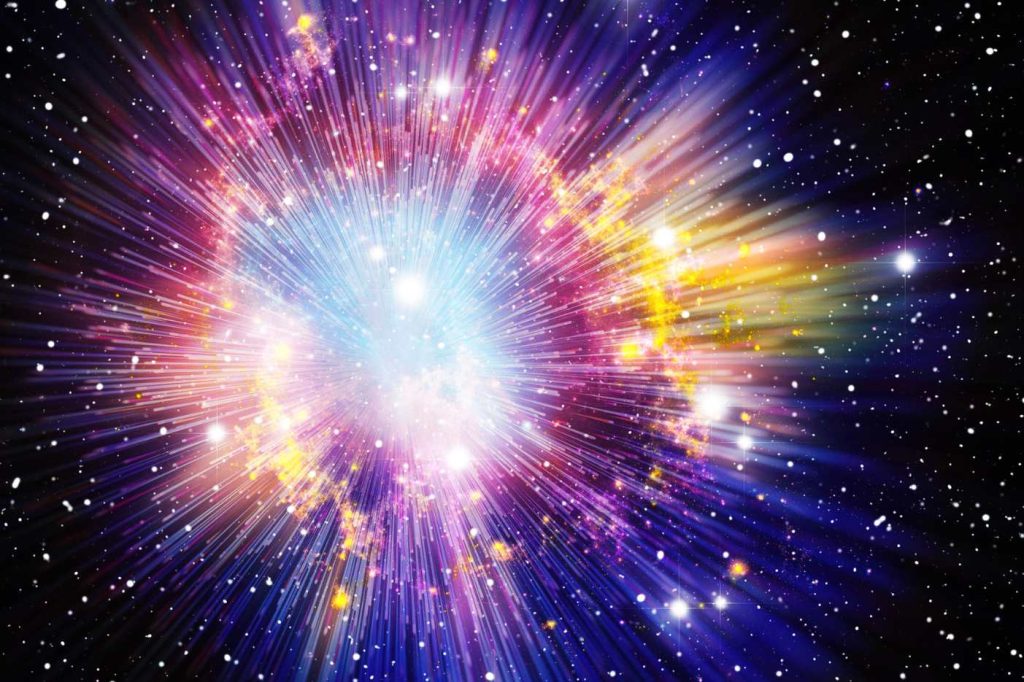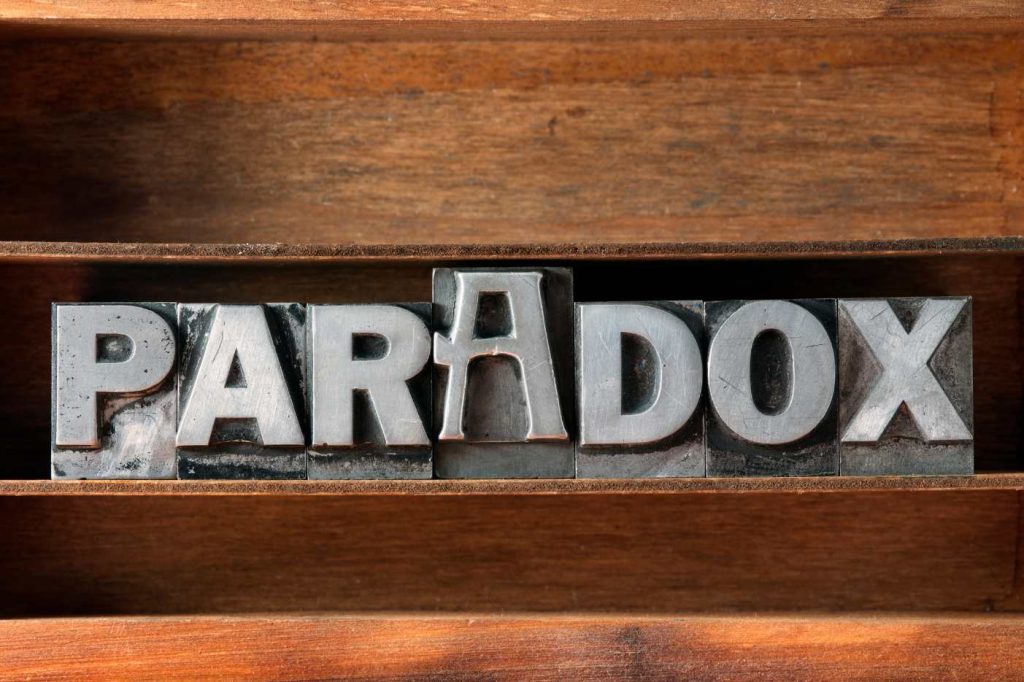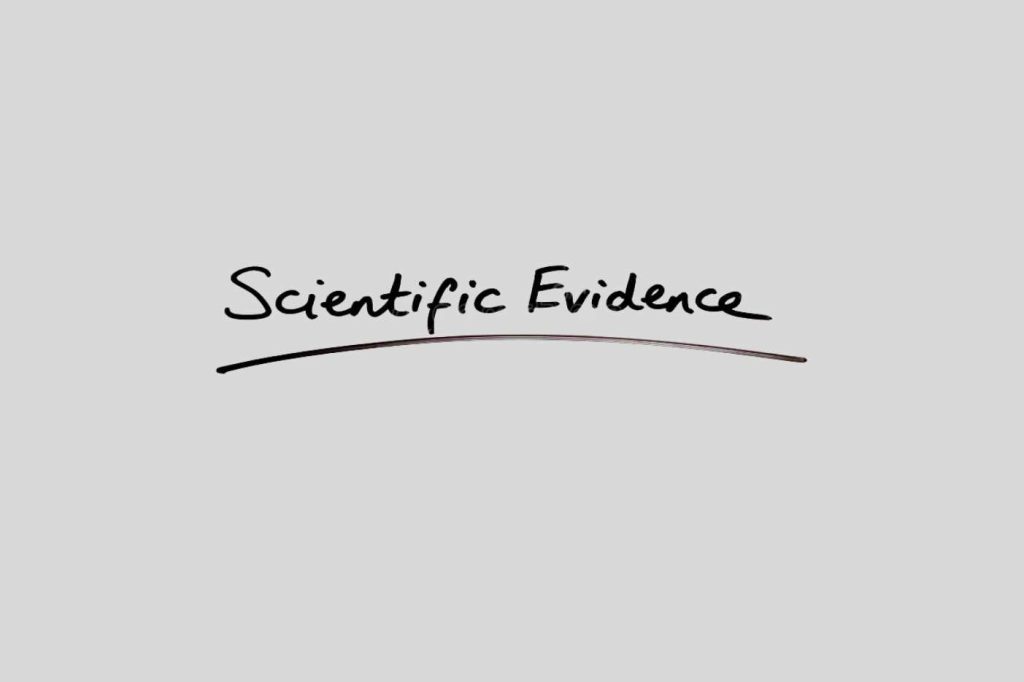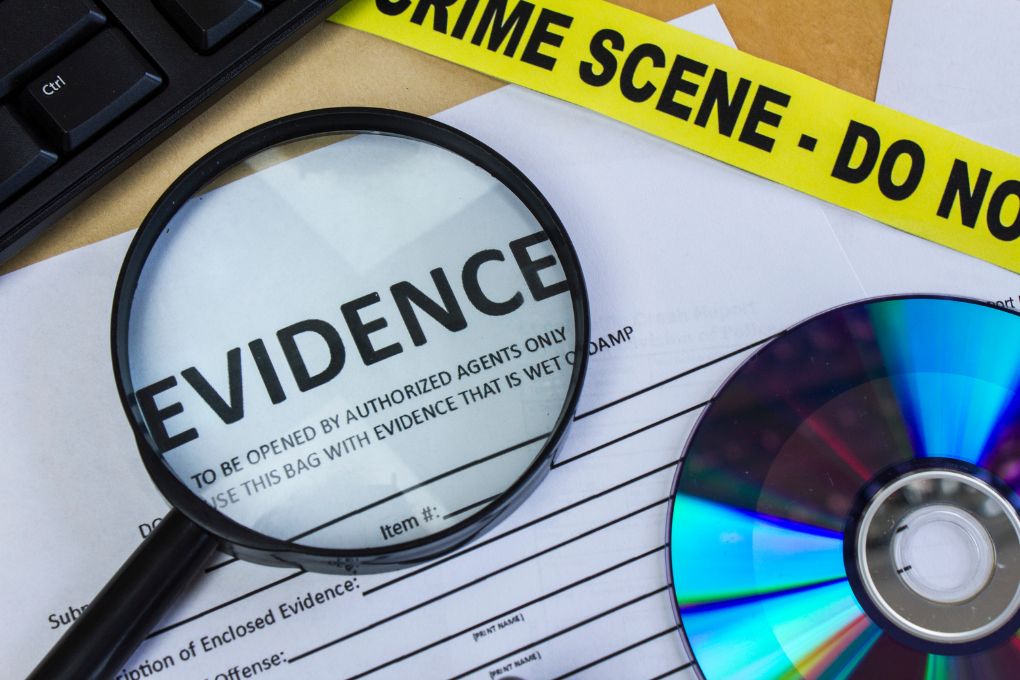Time has long been an enigmatic concept that has baffled philosophers, scientists, and laypeople alike for centuries. A fascinating theory from theoretical physics called Block Universe Theory proposes that past, present, and future exist simultaneously within a four-dimensional spacetime block – offering elegant answers to some fundamental questions about time despite considerable opposition by various thinkers.
Where are the main arguments against the Block Universe Theory? In this discussion, we will discover why its implications challenge our understanding of free will and scientific paradigms. You’re sure to encounter thought-provoking criticism as we journey through this fascinating subject!
Time in the Block Universe Theory
The Block Universe Theory presents an alternative view of time. According to it, past, present, and future all coexist simultaneously in an infinite four-dimensional space-time continuum; all events remain fixed and unchanging within this vast four-dimensional realm.

Time in this context does not move in an arrow from past to future; instead, it resembles a static landscape where each moment exists in equal importance – thus challenging our everyday perception of it as something fluid and dynamic.
Proponents of this theory believe this concept provides a more direct interpretation of causality; events don’t occur randomly but are all interwoven within an irrevocable tapestry of forces and interactions.
But this vision raises fundamental questions about experience and reality. If every moment within that block is predetermined, what does that mean for human consciousness? Do we simply experience time passing us by without being in charge of our actions?
Argument 1: Lack of Free Will
One of the primary criticisms against the Block Universe Theory involves free will. If everything in time and existence occurs simultaneously, this raises serious doubts about our capacity for choice and decision-making.
Under such an assumption, past, present, and future are constants; our decisions would simply be illusions; part of an elaborate cosmic drama being staged before us. Such an idea can be disconcerting.
Without real agency, moral responsibility becomes questionable. How can we hold people responsible for actions already determined to occur?
Philosophers tend to advocate that true free will is what allows us to shape our fates, while the notion that all decisions may simply be an illusion challenges deeply held beliefs about autonomy and personal growth.
People often take comfort in believing they have control of their destiny, yet those who prefer the unpredictability of life’s journey may find its implications disconcerting.
Argument 2: Contradictions and Paradoxes
The Block Universe Theory offers an intriguing perspective of time, yet it contains paradoxes that test its credibility. A major one involves time travel. Since past and future events coexist simultaneously, can someone change their history? This notion often leads to contradictions such as the well-known grandfather paradox.

Imagine traveling back in time and stopping your grandparents from meeting – would that mean your existence would change or would it persist in its present form? Such scenarios create inconsistencies within an established timeline that are difficult to reconcile.
Additionally, when every moment is equally determined and real, how do we explain spontaneous decisions or unexpected outcomes? This theory struggles to account for such anomalies without weakening its foundational principles.
These paradoxes raise vital questions about causality and existence itself, compelling us to reconsider our conception of reality within the framework of Block Universe Theory.
Argument 3: Incompatibility With Scientific Evidence
The Block Universe Theory postulates that past, present, and future events coexist simultaneously – an idea that contradicts our existing understanding of physics.
Quantum mechanics introduces uncertainty at the core of reality. Particles exist as probabilistic states until observed; suggesting an ever-evolving universe rather than one in which every moment has been predetermined.

Relativity tells us that time is not absolute; its flow can expand or contract depending on velocity and gravity, contradicting the static nature of the Block Universe model.
Cosmology poses a further obstacle to this theory. The expansion of space-time suggests change over time–something incompatible with an eternal framework where everything exists within an identical framework.
Scientific principles raise serious doubts regarding the veracity of a timeless reality as proposed by proponents of the Block Universe Theory.
Counterarguments and Rebuttals (CA/Reb)
The Block Universe Theory offers an intriguing view of time and existence; however, it is essential to keep in mind any counterarguments that challenge its credibility.
Proponents of absolute determinism hold that absolute determinism doesn’t negate free will; rather, it creates the illusion of choice within predetermined events. They maintain that human perception can still provide us with an empowering sense of agency regardless of existing timelines.
Some have proposed that paradoxes do not undermine theories, but instead bring to light our ignorance regarding causation and temporal mechanics. According to this viewpoint, what may appear as contradictions could just be our limited knowledge about time itself.
Regarding scientific evidence, supporters maintain that emerging theories in physics may align with block universe principles rather than contradict them. As quantum mechanics evolves, interpretations like Many Worlds may coexist alongside the block universe structure.
Rebuttals offer compelling perspectives, while at the same time raising additional questions about human experience and our relationship to time. As the discourse surrounding the Block Universe Theory develops, critics and supporters alike can take an interest in further exploring this theory that goes far beyond being just theoretical – it offers an opportunity to investigate consciousness itself! For anyone curious about life itself, exploring consciousness itself should be pursued as part of their exploration journey.
“Unlock the potential of AI in crypto trading by leveraging ChatGPT“. Enhance your strategies, automate trades, and gain insights to maximize profits in the dynamic cryptocurrency market.










Recent Comments